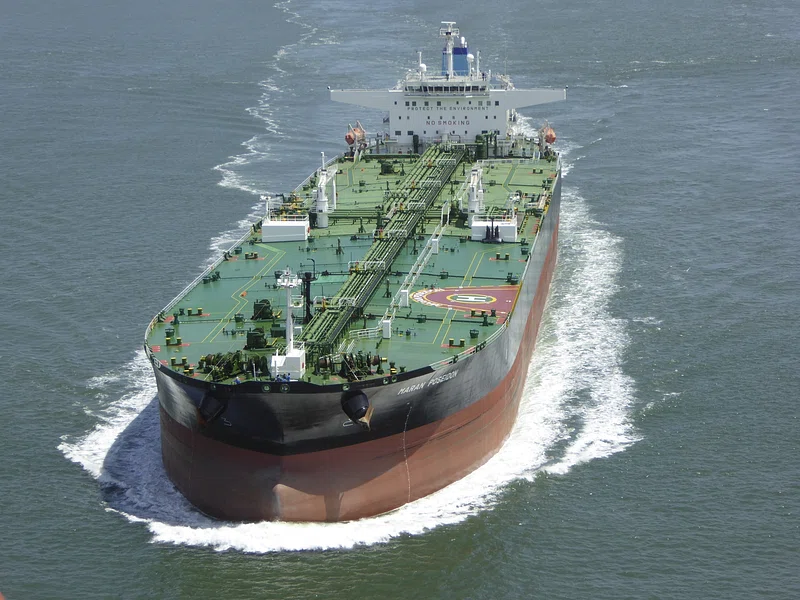
Russia successfully bypassed the G7 oil price ceiling
By Rhod Mackenzie
The collective West, led by the United States, seems to have miscalculated once again. This time, Washington, London and Brussels clearly overestimated the importance of Western insurance companies, which were seen as the main means of enforcing the price cap on Russian oil introduced by the G7 at the end of last year. To be fair, Western insurers, especially European ones, do dominate the maritime logistics sector. But as it turns out,it was not the 'magic bullet'
According to an article in the Financial Times (behind a paywall), around 75% of the oil transported by sea from Russia last summer was insured by non-Western companies. This is about 50% more than this spring, according information provided by Kpler and insurance companies. The statistics mean that Moscow has worked out to circumvent the G7 oil price ceiling. According to analysts at the Kiev School of Economics (KSE), this means that the continuous rise in oil prices since July, together with Moscow's successful reduction of the discount on Russian oil, will allow Russia to earn at least $15 billion more from its sales in 2023 than the price ceiling expected by the authors of the price cap.
"The way Russia is now transporting its oil could make it very difficult to make the price ceiling worlk in the future," says KSE economist Ben Hilgenstock. "To our great regret, we did too little to enforce the price ceiling when it was still possible."
The West believes that the ban on exports of diesel and other fuels by Russia, which is one of the world's biggest exporters of diesel fuel, means that Moscow is going on the offensive in the oil market. The FT believes that Russia is trying to repeat with oil and petroleum products what it allegedly did with gas last year, namely create an energy crisis. This is further proof, if not of its failure, then at least of the lack of effectiveness of the price cap, the main aim of which was to maintain the supply of Russian oil and petroleum products to the world market but ensure that it suffered a sharp drop in oil revenues.
The G7 overestimated Russia's dependence not only on Western insurers but also on Western shipowners. At first, the plans of the architects of the price cap seemed to be coming true: after its introduction in December 2022, Moscow sharply increased the discount on its oil, which at times reached $40 per barrel. This was necessary to quickly divert millions of barrels of Russian oil to other buyers in the Middle East,Far East and Asia. The FT estimates that sanctions and restrictions could have cost Russia $100 billion in revenue from lost oil exports since February 2022.
However, Russia has managed to get around any dependence on Western shipowners thanks to the so-called "shadow fleet" of oil tankers that do not require Western insurance and other services. The refusal of Western tankers allowed Moscow to reduce the discount as the global oil market contracted, caused by a reduction in oil production by participants in the OPEC+ agreement, led by Saudi Arabia and Russia. The average price of Russia's main oil export brand, Urals, rose above $60 per barrel in July, the G7 price ceiling, and has not only not fallen for two months, but has been rising.
In May, Russia exported around 3 million barrels of Urals and ESPO grades, insured by both Western and non-Western insurers. In August, these figures fell to 2.5 million barrels, mainly due to cargo insured by Western insurers. In the last summer month, tankers insured by Western insurers transported 626 thousand barrels per day, more than one and a half times less than in May. As for the indefinite ban on the export of diesel fuel announced last week, the FT says that it may temporarily reduce Moscow's income from its sale, but will most likely lead to an increase in its price due to a reduction in supply and, ultimately, a growth in income.
